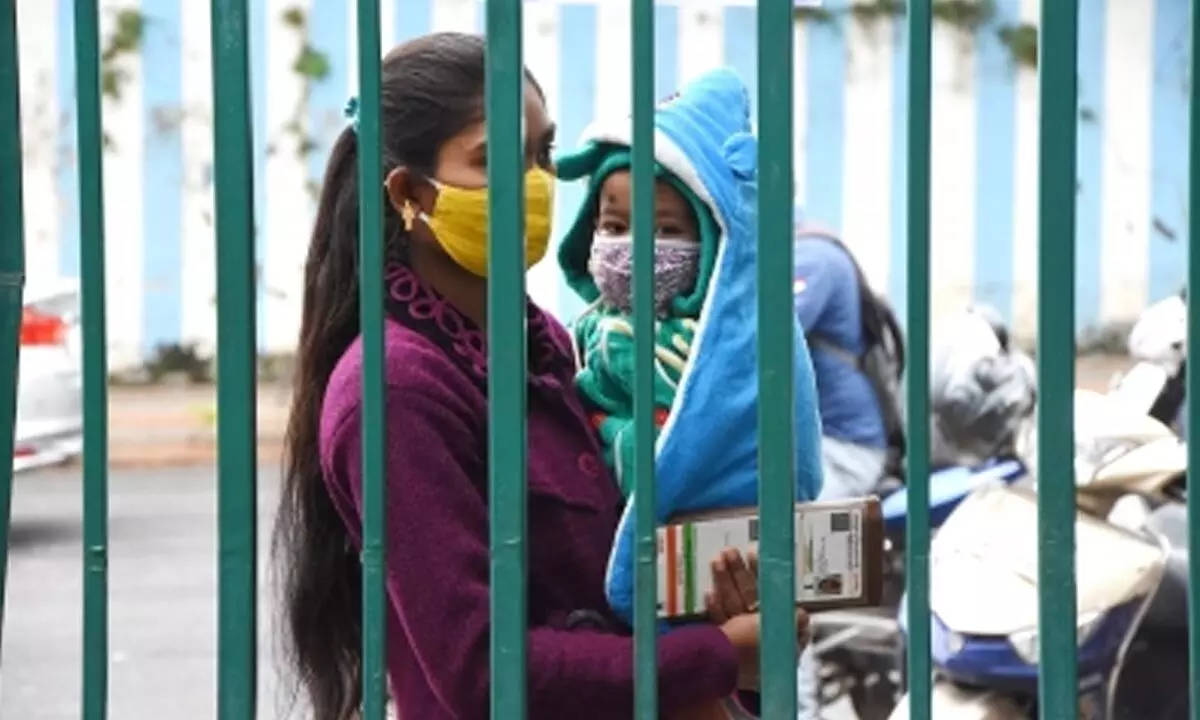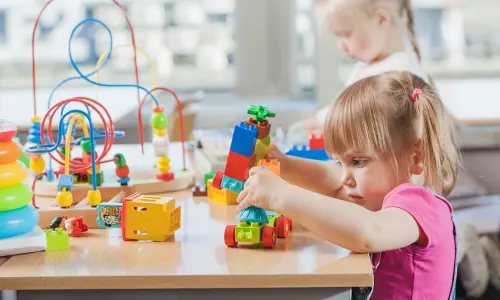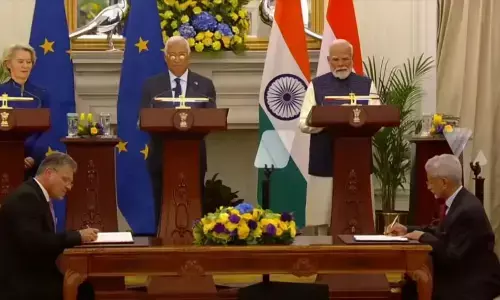Covid jab for kids: Parents worry about long-term risks, responsibility

Covid jab for kids: Parents worry about long-term risks, responsibility
Most parents are concerned about potential long-term risks from the Covid-19 vaccine for their children and some fear they'll be held responsible if their child gets ill after the jab, a study has revealed.
New Delhi: Most parents are concerned about potential long-term risks from the Covid-19 vaccine for their children and some fear they'll be held responsible if their child gets ill after the jab, a study has revealed.
Despite efforts to increase the vaccination rate among children, many remain unvaccinated due to parental concerns about the vaccine's long-term effects and anticipated responsibility, aids the study published in the journal Pediatrics.
The Dornsife Center for Economic and Social Research (CSER) at University of Southern California (USC) found that 45 per cent of parents of children are concerned about potential long-term risks while 18 per cent fear they'll be viewed as responsible if their child gets sick after the vaccination.
Ying Liu, research scientist at CESR and the study lead, explained that "parents' hesitancy may be partly driven by apprehension about the vaccine, stemming from its rapid development and the use of newer techniques."
"People often exhibit a more cautious approach when making medical decisions for others, including their own children, than for themselves," Liu said. "Some tend to do nothing rather than vaccinate their child, even though such inaction could result in negative consequences."
The researchers sought to determine the causes of low child vaccination rates in the US. Currently, only 39 per cent of children of age 5 to 11, and 68 per cent of those aged 12 to 17 have received vaccinations, compared to 92 per cent of adults.
"This research underscores the pressing need to address parental perceptions of the Covid-19 vaccine. By doing so, we believe the vaccination rate among 5- to 17-year-olds could be increased to over 50 per cent," said Arie Kapteyn, director of CESR.

















